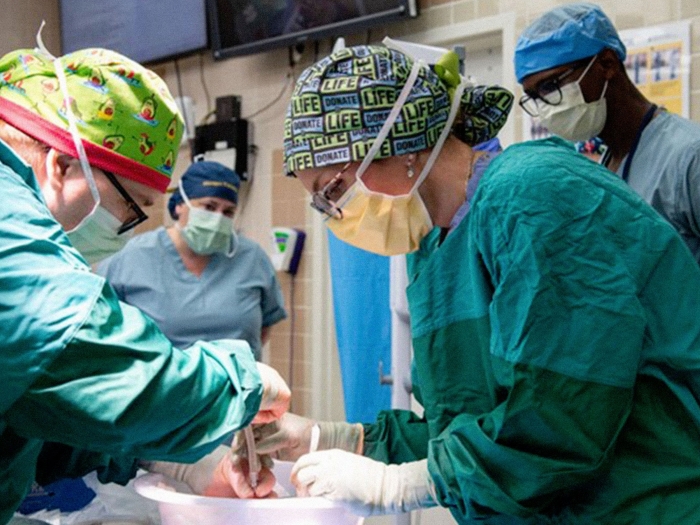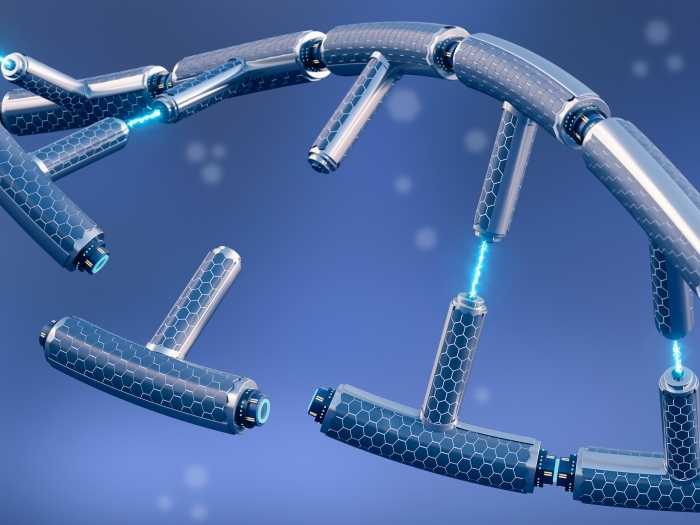Showing 1-15 of 25 results

Health Lab
A Michigan Medicine surgeon builds a sustainable kidney transplant program in Rwanda.

Health Lab
A team of researchers have spent the past eight years looking at better ways to transport organs for donation, specifically hearts, to improve the number of organs that can be used for transplants. They found that using a modified normothermic perfusion system heart preservation was feasible for up to 24 hours.

Health Lab
Experts in brain cancer outline current discoveries and offer a path of hope for glioblastoma treatment

Health Lab
Researchers improved memory and reduced neuroinflammation in a mouse model of Alzheimer’s Disease, suggesting another avenue for potential treatment.

Medical School News
Four with Medical School ties are among 12 University of Michigan faculty and staff members recognized by the American Association for the Advancement of Science (AAAS) as 2023 fellows in recognition of their extraordinary achievements.

Health Lab
A new urine-based test addresses a major problem in prostate cancer: how to separate the slow growing form of the disease unlikely to cause harm from more aggressive cancer that needs immediate treatment.

Health Lab
At-home test can detect tumor DNA fragments in urine samples, providing a non-invasive alternative to traditional blood-based biomarker tests
Health Lab
Using a chip to process blood samples, doctors can monitor the amount of cancer cells in a patient’s blood to determine how well a treatment is working by the fourth week, according to a new study.

Health Lab
Three year old Wonder Woman fan thrives after customized minimally invasive selective dorsal rhizotomy to help symptoms of cerebral palsy and spastic diplegia

Health Lab
Elective surgery study shows older adults have concerns about what it will cost them, how much work they’ll miss and whether they’ll catch COVID-19.

Health Lab
Recently approved by the Food and Drug Administration, Pluvicto is a radionuclide-labelled drug administered to patients showing promising results.

Health Lab
Findings from researchers at the University of Michigan Health Rogel Cancer Center, published in Cancer Discovery, show how a specific nucleotide metabolite called GTP controls responses to radiation and chemotherapy in an unexpected way.

Health Lab
Metabolism pathways make tumors sensitive or resistant to treatments. A collaborative group leverages these avenues to explore the growing foundation of new potential therapies

Health Lab
Michigan Medicine researchers looked into a drug in development to treat prostate cancer called proxalutamide, which works by blocking an enzyme called TMPRSS2 (transmembrane protease, serine 2) that is regulated by androgen receptors, as a potential therapeutic for COVID.